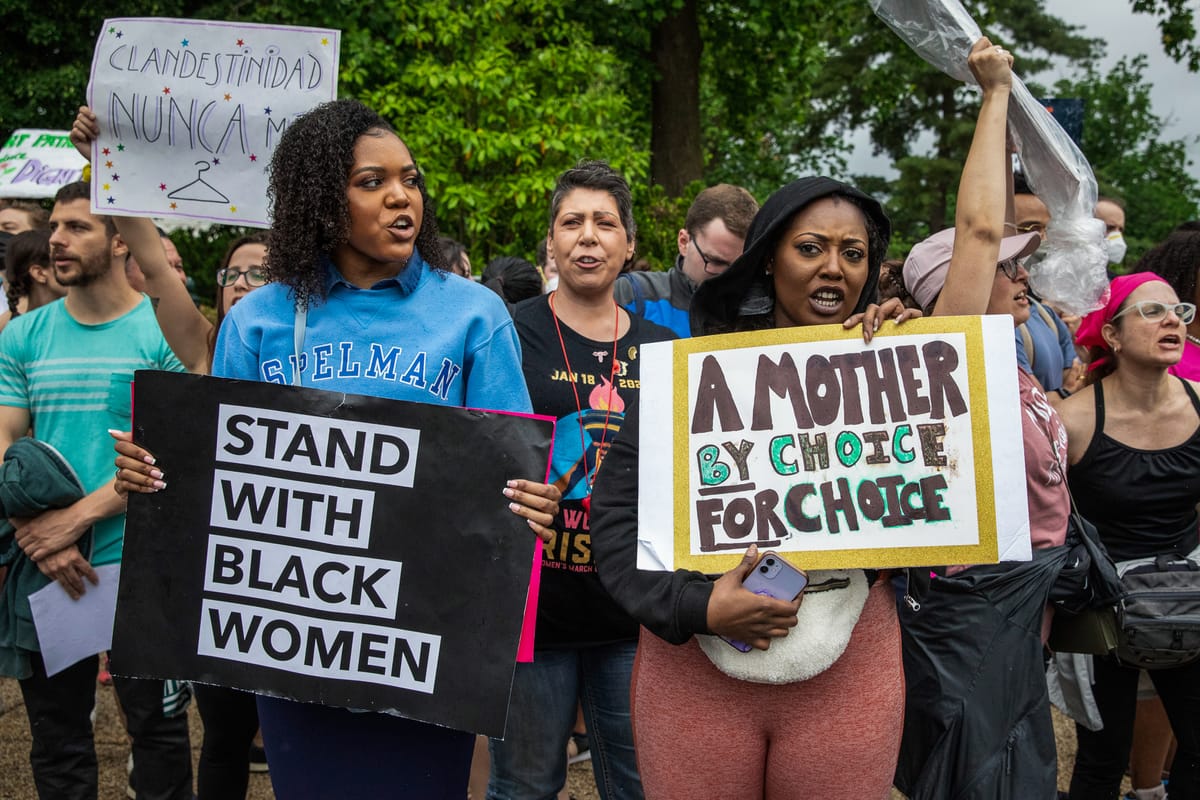Black Women: the Canaries in the Coal Mine for Social Reform?
Throughout history, black women have played a significant role in pushing for societal change, whether through civil rights, voting rights, or social justice movements.

Throughout history, black women have played a significant role in pushing for societal change, whether through civil rights, voting rights, or social justice movements. But is there something about their experiences that positions them as early indicators of broader societal problems? This question raises several other questions worth exploring: Are black women more acutely affected by issues of race, gender, and class? And if so, does this make them a sort of “canary in the coal mine” for social issues in America?
Historical Context
Historically, black women have been leaders in movements for social justice. Figures like Harriet Tubman, Ida B. Wells, and today’s leaders like Stacey Abrams and Tamika Mallory have stood at the forefront of movements advocating for the rights of the oppressed. But what is it about black women specifically that places them in these roles? Is it because they face multiple layers of marginalization — based on both race and gender? Does their lived experience make them particularly attuned to societal flaws that others may overlook until it’s too late?
Economic Struggles
One of the most cited disparities black women face is in the economic sphere. Black women in the U.S. earn, on average, 64 cents for every dollar earned by a white man — some studies suggest the wage gap is a result of poor sampling, not a systematic agenda to underpay women, but that’s a topic for another day. Does this gap serve as an early warning sign of deeper, systemic issues in the U.S. economy? Could it be that black women’s struggles with wage inequality are a precursor to broader economic challenges that will eventually affect everyone? And what does this say about America’s ability — or inability — to address economic injustice?
Some might argue that the economic inequalities black women experience reflect more significant structural problems in America’s economy, especially as the wage gap is not just limited to black women but also extends to other marginalized groups. But could addressing these inequities for black women lead to reforms that benefit all Americans?
Healthcare Disparities: A Symptom of a Broken System
Black women are disproportionately affected by a wide range of health issues. According to the Centers for Disease Control and Prevention (CDC), they are three to four times more likely to die from pregnancy-related complications than white women. Many consider this disparity as a signal that the U.S. healthcare system is failing its most vulnerable. If we could fix healthcare for black women, would that lead to improvements for everyone?
Some argue that black women’s health challenges are the first indication of systemic healthcare failures. High maternal mortality rates, poor access to mental health services, and racial biases in medical treatment are not just issues for black women — they point to broader problems in the U.S. healthcare system. But could solving these issues for black women lead to a trickle-down effect that benefits other marginalized communities?
Political Activism: Black Women at the Forefront
Black women have been essential players in political activism, especially in the fight for voting rights. From the days of Fannie Lou Hamer to today’s political organizers, they have pushed for greater political representation and voting access. But does this activism stem from their unique position at the intersection of race and gender? Are black women forced into activism because they are often the first to feel the effects of voter suppression, gerrymandering, and disenfranchisement?
Some might argue that black women’s fight for voting rights is not just about their own access to the ballot but also about preserving democracy for all.
Reproductive Justice: An Issue Beyond Just Women?
In recent years, reproductive rights have taken center stage in American politics. But black women have long been vocal about reproductive justice, which goes beyond access to abortion. It includes issues like maternal healthcare, childbearing, and family planning services.
Is America Paying Attention?
If black women are indeed the canaries in America’s coal mine, the question then becomes: are we listening? Their struggles with wage inequality, healthcare access, and political disenfranchisement could serve as early warning signs of systemic issues that will eventually affect everyone. But are these issues being taken seriously enough by the broader society? And if not, what does that say about America’s commitment to social justice and equality?
Conclusion: Is It Time to Acknowledge Black Women’s Role?
Black women have often been at the forefront of social change in America, but their struggles are frequently ignored or undervalued. Could it be that their experiences offer a preview of the broader issues America will face if systemic inequalities remain unchecked? And if so, is it time to start viewing their fight for justice as a fight for all Americans?
What do you think? Are these questions worth considering, coincidental or just way off base? We want to hear from you!





